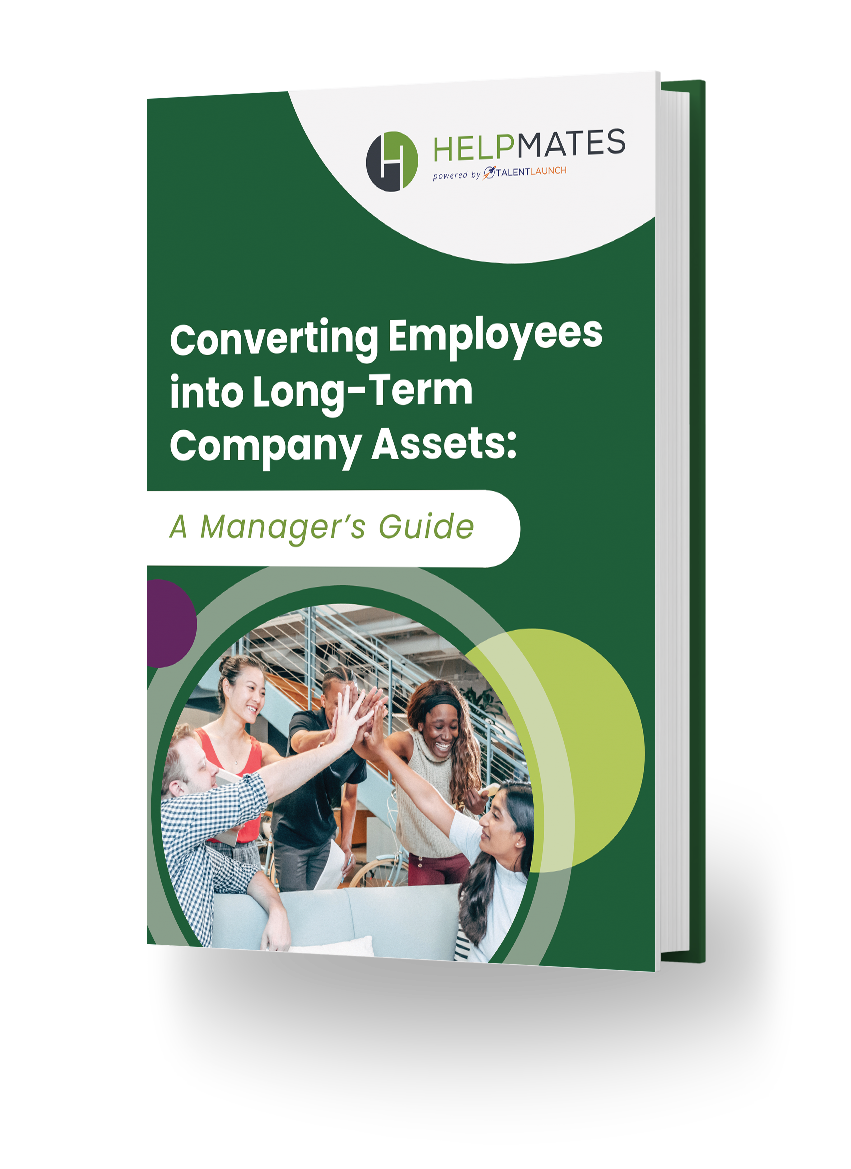By now it’s not a matter of if you should be engaging candidates and recruiting talent on social media. And with good reason — employers who used social media to hire found a 49% improvement in candidate quality over recruiting through traditional channels. Instead, it’s a matter of how you can do it better. Competition for top talent is fierce, and social media is no longer a differentiator, but a necessity.
Today’s candidates are more discerning than ever.
Although businesses are spending billions of dollars on social media, it is ultimately a very personal tool for many people. With the personal nature of social media — particularly as it relates to job searches and careers – adhering to best practices when engaging with candidates is important. Seventy-three percent of job seekers aged 18 to 34 found their last job through a social network – can you afford to turn off these candidates? Commit any of these social recruiting faux pas, and you risk alienating talent while building a negative reputation online:
- Lacking a plan. What are your specific goals for social media – to stay top of mind with candidates? To provide useful information for candidates to find jobs? To demonstrate thought leadership? These are just a few of the goals many businesses have when it comes to social recruiting, but yours may be different. And the steps you take to achieve those goals can vary widely. Do some research into social media best practices, be sure you understand the social sites where your company will be active, and map out a plan to help you achieve your goals. A little work ahead of time can go a long way toward building a strong social media reputation.
- Ignoring your profile. If you’ll pardon the comparison, your company social media profiles are essentially your online resume (how’s that for irony?). If your profiles aren’t up to snuff, just as your recruiters are likely to throw away an imperfect resume, candidates are likely to pass by your profiles. Engaging photos and complete descriptions (that sound “human” and are filled with more than corporate speak – remember, these are “social” profiles!) are the first tip off to candidates that your profiles are genuine, engaging and worthwhile. Once your profiles are set up, though, it’s up to you to keep them “social.” Guidelines can vary, but be sure to post to Facebook at least a few times per week, LinkedIn as well, and to Twitter a few times each day. Once you get a handle on these most popular networks, you might even want to consider looking at additional networks like Instagram or Snapchat. But be sure to post often: Content that is useful to your audience (eg. resume tips, interview advice, etcetera) or provides insights into your company (eg. holiday parties, birthday celebrations, employee recognition) help candidates feel “connected” to you before they ever speak to a recruiter or visit your office.
- Spamming candidates. Although your job openings may be great, exciting opportunities, the reality is that not every candidate is interested. Spam is universally abhorred, and when you spam candidates they don’t forget it (they also tell people…a lot of them). If you’ve sent LinkedIn InMail to a candidate and haven’t heard back, one or two follow ups within a few weeks is completely acceptable. Five messages over the course of a week (particularly with sales-y language) are not. And spam goes beyond frequency – if you’re sending sales letters to candidates on social media, you may as well be telling them not to apply to your jobs. It has been stated here several times but bears repeating – they call it “social” media, so be social! While it’s often impossible to craft custom messages for every candidate, be sure to do more than send mass emails to hundreds of candidates, all containing the same generic message. Block candidates into groups by criteria like age, experience level, alma mater, etcetera, then craft messages that offer personal elements to show that you’ve taken the time to reach out to them online. Candidates will absolutely remember you after you’ve reached out to them on social media – it’s up to you to make sure it’s not for the wrong reasons.
- Getting too personal. While social media can help you make stronger connections with candidates, be careful not to get too personal. Connecting on LinkedIn and (often) Twitter are acceptable and encouraged ways to stay in touch with candidates, but many candidates prefer to keep their Facebook profiles for friends and family. Avoid sending friend requests on Facebook, or any requests to connect on other social sites where you notice that posted content is strictly personal.
Here at Helpmates, our network of candidates across Southern California is engaged and ready to contribute to your bottom line. Contact us today to learn more about our staffing solutions.







